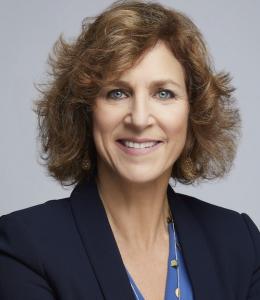
Prof. Holli Levitsky
Visiting Research Fellow, November - December 2025
Home institution: Loyola Marymount University
Dr. Holli Levitsky is Professor of English and Jewish Studies at Loyola Marymount University in Los Angeles, California. Her research interests include International Jewish Writing, Jewish American Literature, and Literature of Exile. She has published essays, articles, and book chapters on these topics and edited five books, including Summer Haven: The Catskills, the Holocaust and the Literary Imagination; The Literature of Exile and Displacement: American Identity in a Time of Crisis; Jewish American and Holocaust Literatures: Reading and Teaching; Communist Poland: A Jewish Woman’s Experience; and the 2025 volume, Hyam Plutzik and the Mosaic of Time. Among other honors and awards, she has been an Advanced Holocaust Studies Fellow at the United States Holocaust Memorial Museum, a Fulbright Distinguished Chair in American Literature in Poland, a Schusterman Fellow at the Summer Institute for Israel Studies, and the Florida International University Exile Studies Scholar-in-Residence. She is an affiliated professor at the University of Haifa in Israel.
Project Title: Muriel Spark, Jewish Identity, and the Shifting Sands of Belonging
This research project explores the multifaceted relationship between Judaism and the concept of nationhood in the works of Scottish novelist Muriel Spark. Spark, a writer of Jewish heritage, grapples with the complexities of identity, belonging, and the construction of national narratives. Her novels, often characterized by sharp wit and a subversive spirit, offer a critical lens through which to examine the interplay between individual and collective identities, particularly within the context of Scottish and Jewish experiences. Spark’s extensive archive of personal correspondence and related materials, housed at the National Library of Scotland, will provide key insights into Spark’s conversion to Catholicism, her fraught relationship with her son who chose Judaism, and the remarkable ways in which she navigated these religious identities. The research aims to shed light on the complexities of national identity in the 20th century and beyond, offering a powerful challenge to the homogenizing forces of nationalism and a compelling vision of a more nuanced and inclusive understanding of national identity within a Jewish context.
